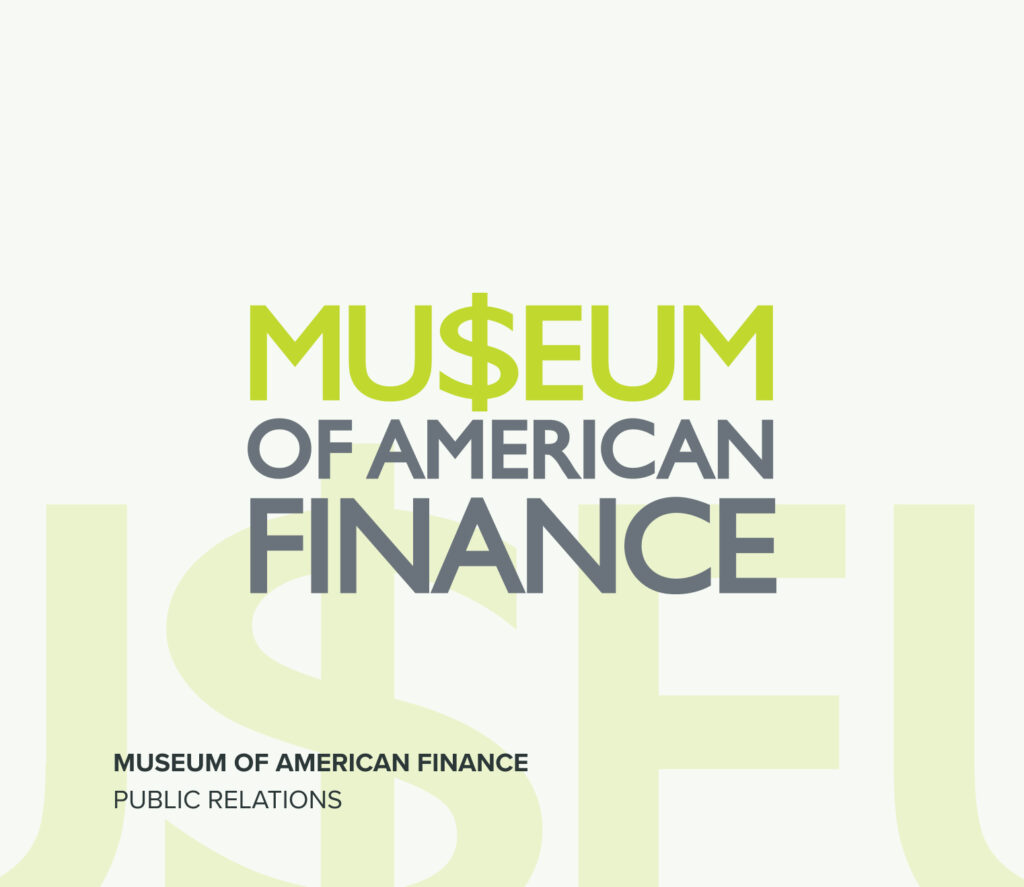Our new ordinary is a perpetual state of evolution and change, accelerated by the pandemic. Digitalisation has moved forward at-pace. Against the backdrop of this monolithic transformation, we continue to seek the human characteristics of connection, network and belonging – from our friendships, the companies we work for and from the brands we engage with.
Digitalisation removes friction for customers, but the demand for humanisation is more important than ever before with customers, spearheaded by Generation Z, helping to create a future we all want to be part of.
Vested hosted a breakfast event in collaboration with LinkedIn to discuss the trends from the Finfluence Report that will drive the agenda for FinServ marketers over the next year and beyond. We welcomed Martin Raymond, Co-Founder of The Future Laboratory, Benedict Kinsmill, Business Lead, Financial Services, EMEA and LATAM, LinkedIn Marketing Solutions, and Victoria Stoyanova, Founder of The Institute of Belonging to our expert panel. Along with our audience of financial services communicators and marketers keen to understand more about what these trends mean for them, we discussed:
- Post-purpose brands, driven by Generation Z and the need to create a better future
- The authenticity equation and how trust drives meaningful connections
- Tailoring brand experiences to our own needs – the metaverse and beyond
Future-facing FinServ brands are embracing imperfection and taking realistic, honest and iterative approaches to communications. According to Accenture, 52% of consumers choose brands that align with their personal values. Our Report found that people are increasingly demanding that the brands they interact with are built around human characteristics: conversation, casualisation, creativity, collaboration, community and overwhelmingly – trust.
Trust is an all-pervasive expectation in the post pandemic world, the “new extra-ordinary”, providing marketers with both opportunities and increased complexities. People are happy to embark on a journey with a FinServ firm but only if they can see that betterment is being pursued consistently and conveyed authentically. It is the role of marketers to look forward with optimism, to tell their brand’s story and to connect with their communities, ensuring mutual benefits and values.
Consumers increasingly want to seize control of how they experience brands, and understanding that is yet another push/pull that marketers have to navigate. People come to expect a constant bombardment of content during TV programmes, while scrolling on news sites and even in-channel on social platforms. However, the metaverse provides a consistent non-stop brand interaction of the customer’s choosing. By deciding to engage with them through new mediums, the power and openness shifts.
Marketing has experienced seismic shifts in recent years yet the basics remain the same. Customers are complex and individual and they expect more from their brands. It is why a decade ago, very few CEOs had a presence on LinkedIn, and even fewer would take the stand on socio economic and political issues. Now, it is inconceivable not to.
Roe vs. Wade has demonstrated the holistic role that brands are increasingly playing, as they step in to support their communities with offers of healthcare, where governments cannot help. The future of marketing is change, betterment and community. And we should all be optimistic about the impact we could have collectively.
Click on the link to read the Finfluence Report in full: https://www.thefuturelaboratory.com/blog/the-finfluence-report


